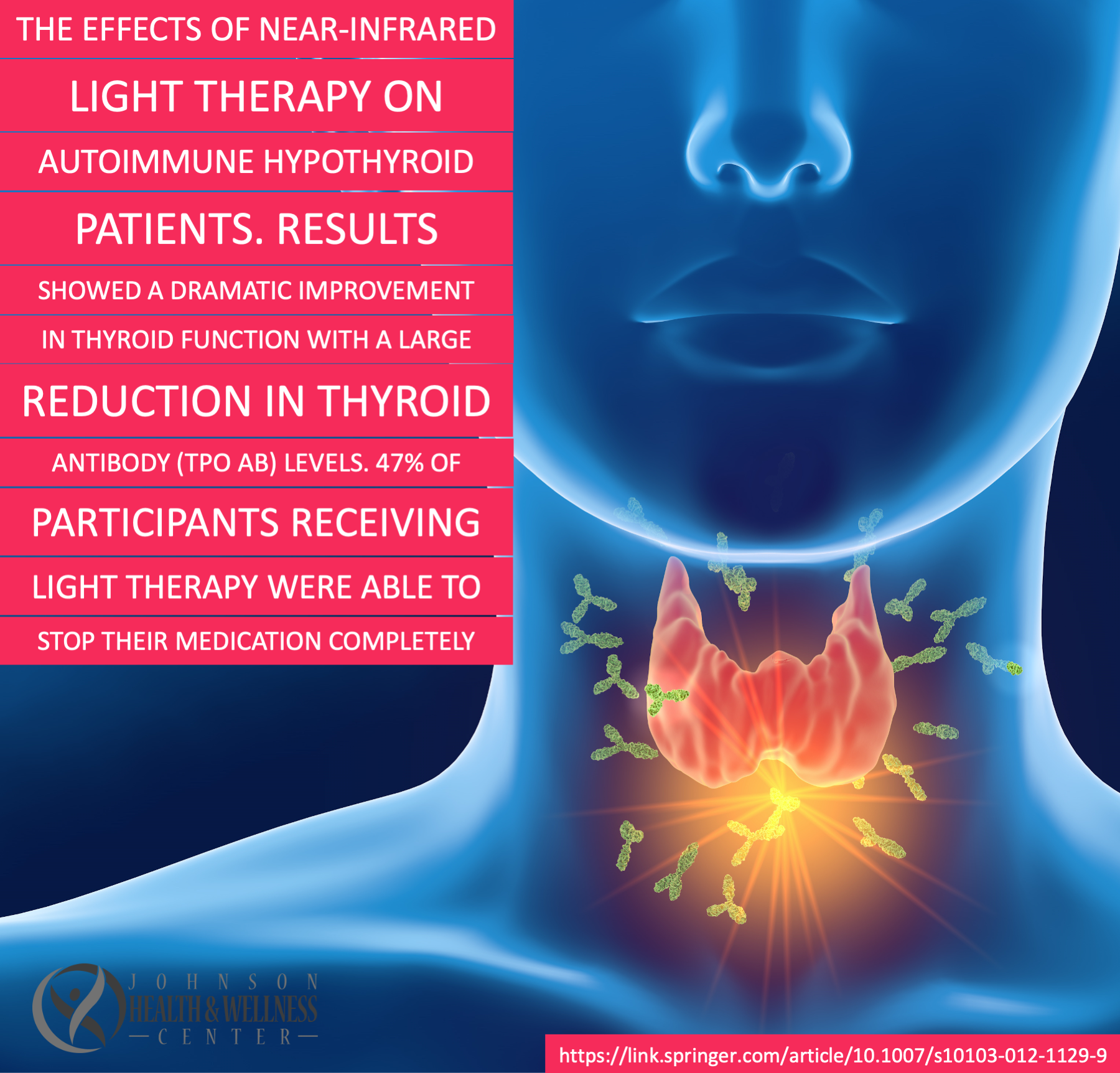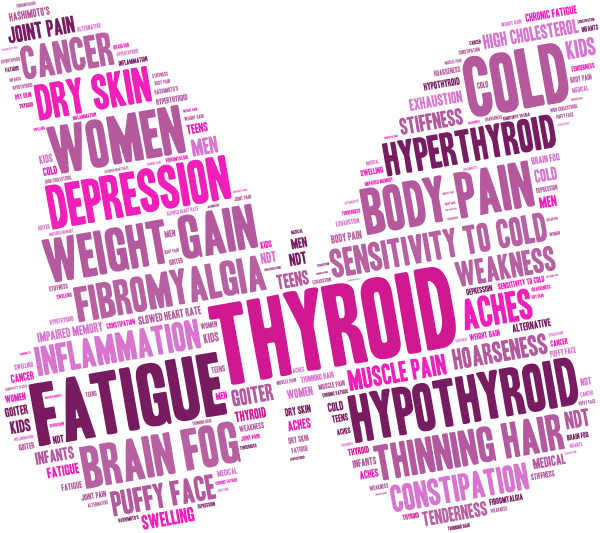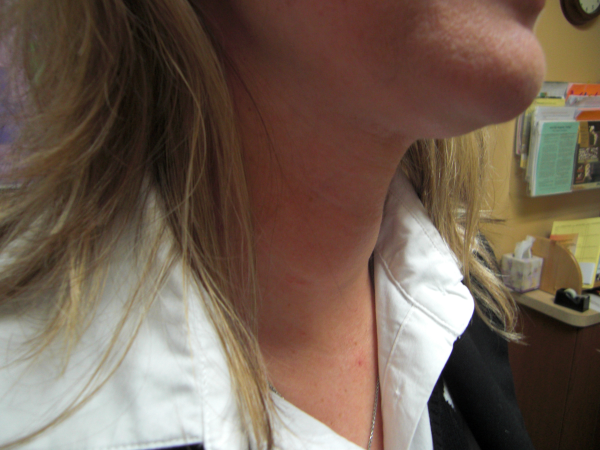
problems with conversion of INactive Thyroid Hormone T4 to active thyroid hormone t3 can cause symptoms and signs of hypothyroidism
Thyroid hormones play a crucial role in regulating your body's metabolism and is essential for brain development in infants. The thyroid hormones exist in two main forms: thyroxine, also known as T4, and triiodothyronine, or T3. T4, with its 4 iodine atoms, transforms into T3 when one iodine atom is removed, resulting in a potent hormone that drives cellular functions. This conversion mainly occurs in the liver and the gut.
T3 emerges as the dominant thyroid hormone, boasting 7-10 times more potency than its T4 counterpart. As T4 acts as the precursor thyroid hormone, paving the way for T3 to become the active thyroid hormone, a fascinating process unfolds when an "opposite mirror-image" iodine is detached from T4, giving rise to reverse T3, also known as RT3.
Reverse T3, or RT3, plays a fascinating role in the thyroid system by acting as a natural brake for the body's functions. While T3 typically fuels our bodily processes, there are instances, such as during critical illness, where it's beneficial for the body to curb its activities. Factors like stress, extreme dieting, low serum iron levels, cortisol deficiencies, and diabetes can trigger an uptick in RT3 production. This intricate mechanism showcases how the thyroid system delicately balances acceleration and deceleration to support overall health and well-being.
If individuals exhibit normal T4 levels alongside low or diminished T3 levels, it raises concerns about a potential thyroid hormone conversion issue. The thyroid gland primarily secretes thyroxine, also known as T4, with a smaller amount of triiodothyronine, or T3, being produced as well. The conversion of T4 to T3 accounts for the majority of T3 production. However, various factors can impact this conversion process, which will be explored further in this post.
Read More
Topics:
Hypothyroidism,
T4,
T3,
thyroid hormones,
stress,
Low Thyroid Symptoms,
Hypothyroidism Symptoms,
Reverse T3,
Stress Hormones,
Unhealthy Gut,
Healthy Gut,
gut dysbiosis,
Thyroid hormone conversion,
Pro-Inflammatory Cytokines
Several studies have shown profound benefits of photobiomodulation for autoimmune hypothyroidism
- A recent 2013 randomized, placebo-controlled study in hypothyroid patients demonstrated that in people who got near-infrared light therapy, thyroid function dramatically improved, and remarkably, that thyroid antibody (TPOAb) levels were massively reduced. Amazingly, 47% of patients were able to stop medication completely! Moreover, the researchers also followed up 9 months after treatment and found that the effects were still evident! https://link.springer.com/article/10.1007/s10103-012-1129-9
- They even published a 6-year follow-up, which basically said that even at 6 years, some of the benefits still remained, but periodic sessions were recommended to maintain all benefits. https://www.ncbi.nlm.nih.gov/pmc/articles/PMC6247385/
- "The levothyroxine dose required by group L was significantly lower than that required by group P (P = 0 002). The anti-TPO and anti-Tg levels did not differ between the groups. Conclusion. LLLT, by the methods described, has been shown to be safe for the treatment of hypothyroidism resulting from CAT" (CAT = Chronic Autoimmune Thyroid)
- (It is NOT suggested to use red/NIR light as a one-time treatment that is expected to last long-term. For optimal benefits, most research indicates that sessions be done with red/NIR therapy at least once a week consistently.)
Read More
Topics:
Hypothyroidism,
thyroid,
TPO Ab,
Hashimoto's Thyroiditis,
Laser,
thyoid disease,
Photobiomodulation,
Robotic Laser,
Chronic Autoimmune Thyroid
Hypothyroidism and Hashimoto's can cause brain fog can be difficult to live with. Here are 7 things you need to know about thyroid brain fog.
While Brain fog may not be a medical term, it’s something many people with chronic illness know well. This is especially true for those with autoimmune hypothyroidism, Hashimoto's.
Brain fog can mean a lack of mental clarity, poor concentration, and more. Living with brain fog is hard…it affects everything you do throughout the day, every interaction you have.
Here are 7 things to know about Thyroid Brain Fog:
- It’s difficult to explain what brain fog is, especially in the middle of an episode. Even if people know you have it, there isn’t always an easy way to let them know that’s what’s happening. Excuses will range from “I’m having a brain fog day” to “Brain not working.”
Read More
Topics:
Hypothyroidism,
thyroid symptoms,
Hashimoto's,
low thyroid,
autoimmune thyroid,
Hashimoto's diease,
hypothyroid symptoms
TSH: What Your Doctor Should Know
Thyroid stimulating hormone (TSH) is the hormone produced by your pituitary gland to control the function of your thyroid gland. A high TSH means your pituitary senses that your thyroid is underactive.
Many labs are misleading physicians by using outdated ranges of normal for TSH, thus preventing doctors from giving their patients the most effective thyroid treatment they need.
The National Health and Nutrition Examination Survey (NHANES III) demonstrated that the mean TSH in apparently normal, healthy participants is 1.4 uIU/mL.
Based upon the results of NHANES III, The National Academy for Clinical Biochemistry has recommended since 2002 that a serum TSH level between 0.5-2.0 uIU/mL be considered the optimal therapeutic target for replacement treatment of hypothyroidism.
Read More
Topics:
Hypothyroidism,
Hashimoto's,
hypothyroid,
Hashimoto's Thyroiditis
When it comes to life-threatening infections, antibiotics have been a GodSend, however for minor infections the following antibiotics are troublesome and are known to cause some nasty side effects.
The antibiotic family I am referring to are fluoroquinolones. You may also see it referred to as quinolones. The following make up the quinolones:
Read More
Topics:
Hypothyroidism,
thyroid,
fluoroquinolones,
quinolones
When it comes to brain health, one thing is nearly certain; we can all state we know an adult with the top 4 signs of neurodegeneration:
1. Anxiety
2. Depression
3. Insomnia
4. Brain Fog
Decreased brain health=nuerodegeneration=poorer quality of life and increased stress on ourselves and those that love us.
Make no mistake, your brain health is one area of your health you don't want to leave to chance or to emergency care. My own mother had dementia as did my maternal grandmother which worsened during the last decade of their life. Waiting until this late stage will leave you with little to no options.
Fortunately for me, my insatiable desire to discover the underlying factors to ill health in my family tree led to the discovery of several helpful preventative measures that you can use too.
Read More
Topics:
Hypothyroidism,
LGS,
stress,
leaky gut syndrome,
Adrenal,
Brain Health,
Neurofeedback
In the immediate and distant aftermath of an auto accident, you might find your quality of life compromised by a series of physical ailments whose symptoms are intense and somewhat debilitating but whose precise underlying causes are mysterious.
Getting at the heart of your ailments seems the more impossible, since your recurring discomfort occurs throughout your body, especially in your neck/head region. Also, your moments of acute pain come and go randomly or remain with you constantly, a muted unease that flares intermittently. Occasionally, you find yourself inexplicably bedridden and/or lethargic, irritable and throbbing.
Topics:
Hypothyroidism,
chronic pain,
thyroid,
fatigue,
neck pain,
motor vehicle collision










